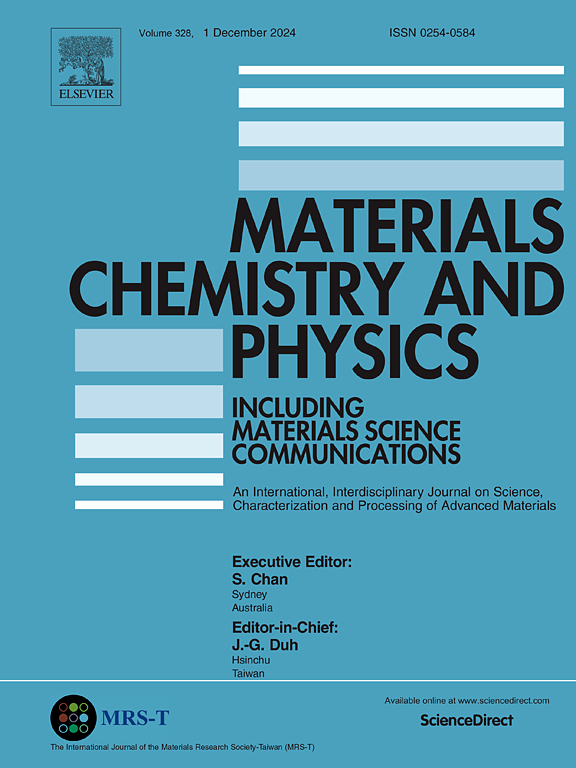The role of oral microbiota in accelerating corrosion of Ti6Al4V: An electrochemical study
IF 4.3
3区 材料科学
Q2 MATERIALS SCIENCE, MULTIDISCIPLINARY
引用次数: 0
Abstract
This study examines the effect of oral microflora on the corrosion behavior of Ti6Al4V alloy in an aerobic environment. Electrochemical tests reveal that microbial activity significantly accelerates corrosion, increasing the corrosion current density from 4.8 nA/cm2 under sterile conditions to 11.6 nA/cm2. Fluorescence imaging confirms non-uniform biofilm formation, which creates localized microenvironments that promote pitting. Acid-producing bacteria, such as Streptococcus mutans, lower the pH of artificial saliva to approximately 6.5, enhancing metal dissolution. Scanning electron microscopy (SEM) further reveals pronounced pitting corrosion in microbial-inoculated samples. These findings underscore the need for advanced surface treatments and protective strategies to enhance the corrosion resistance of Ti6Al4V alloys in biomedical applications.
求助全文
约1分钟内获得全文
求助全文
来源期刊

Materials Chemistry and Physics
工程技术-材料科学:综合
CiteScore
8.70
自引率
4.30%
发文量
1515
审稿时长
69 days
期刊介绍:
Materials Chemistry and Physics is devoted to short communications, full-length research papers and feature articles on interrelationships among structure, properties, processing and performance of materials. The Editors welcome manuscripts on thin films, surface and interface science, materials degradation and reliability, metallurgy, semiconductors and optoelectronic materials, fine ceramics, magnetics, superconductors, specialty polymers, nano-materials and composite materials.
 求助内容:
求助内容: 应助结果提醒方式:
应助结果提醒方式:


